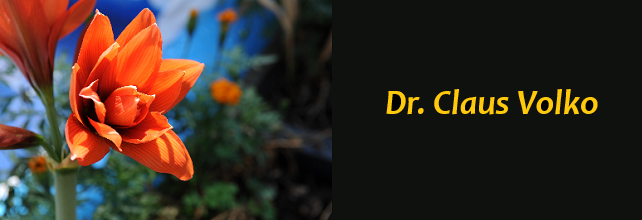ML vs. Algo
Actually I'm still not warm with machine learning. I prefer spending my time studying and developing algorithms. Perhaps I should try to conduct research in algorithms, like I did for my diploma thesis at the Vienna University of Technology. I've got an edition of the Algorithms book by Cormen, Leiserson, Rivest from my student days, which I'll take a look at again. Maybe it will inspire me to do something meaningful. As a matter of fact algorithms, formal logics and theoretical computer science are the things "for which my heart beats", as a German proverb says. Perhaps it would really be better to focus on the things I love instead of forcing myself to be interested in things I actually am not amazed at.
